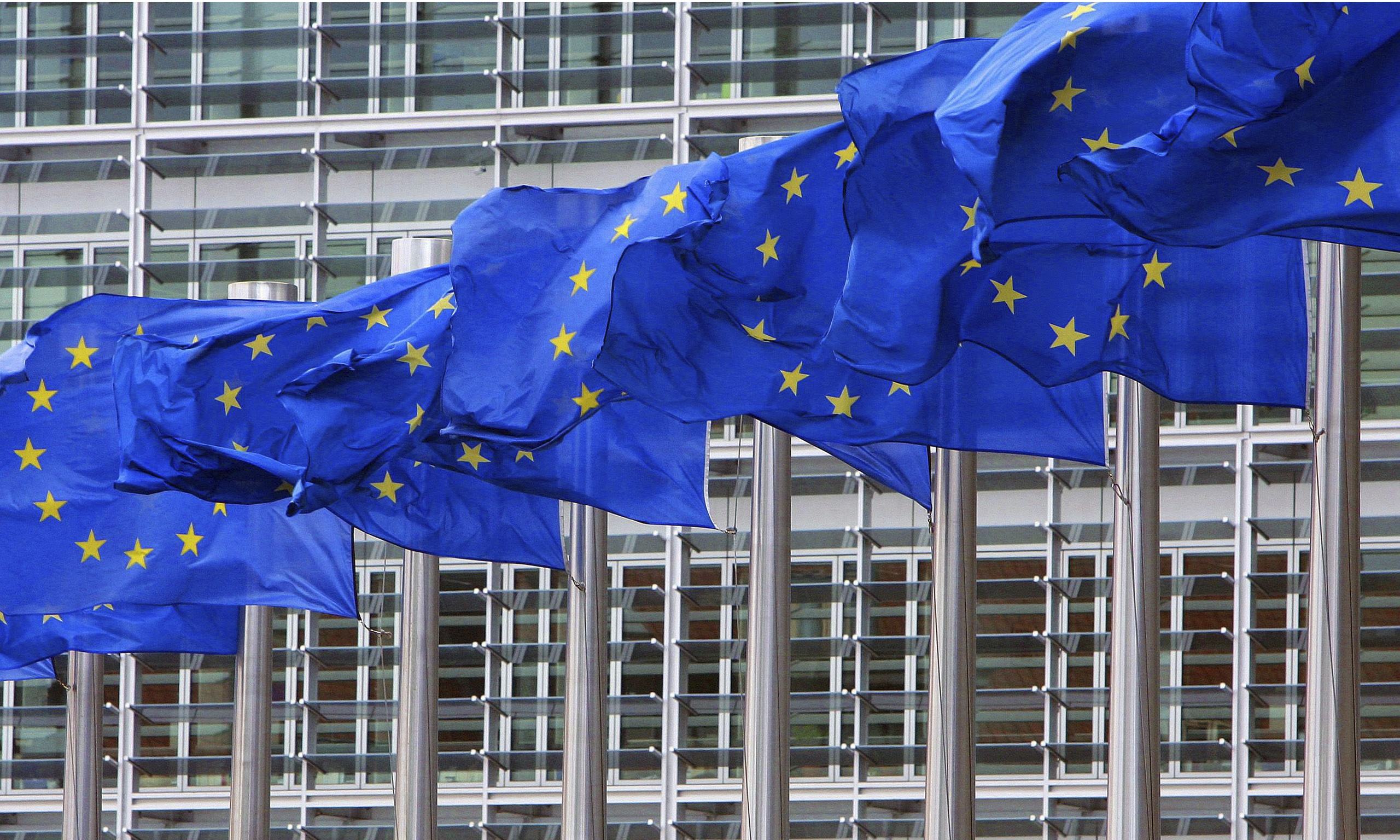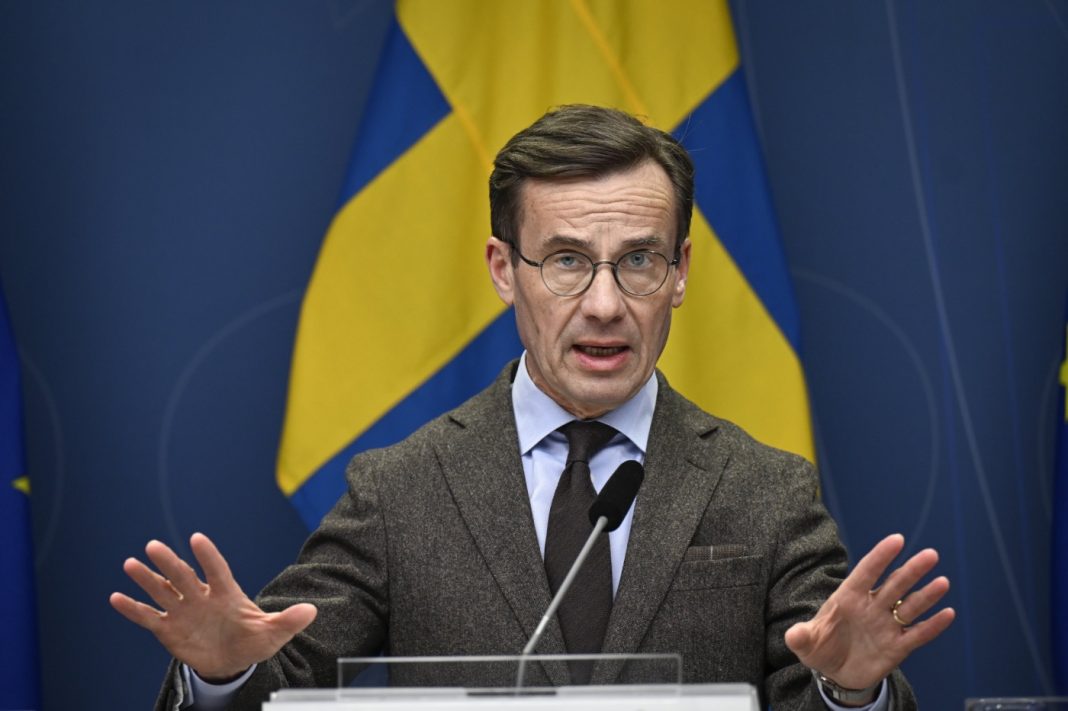STOCKHOLM, Sweden – In a significant policy shift, Sweden will offer immigrant families US $34,000 to return to their home countries, a sharp increase from the current grant of $970 per adult and $485 per child.
The new program, which will take effect in 2026, marks a clear change in the country’s approach to immigration, which has tightened considerably in recent years.
Sweden’s Migration Minister Johan Forssell described the policy as a “paradigm shift” during a press conference on September 12.
Once known as a “humanitarian superpower” for its open-door policies during the 2015 refugee crisis, the country is now scaling back its immigration intake and providing incentives for voluntary repatriation.
In 2015, Sweden welcomed 162,877 asylum seekers, many of them fleeing conflict in Syria, Afghanistan, and Iraq.
The original grant system, implemented in 1984, has been largely ineffective, with only one person accepting the offer last year, Forssell said.
The Swedish government hopes that raising the financial incentives will encourage more immigrants to return voluntarily.
Ludvig Aspling of the far-right Sweden Democrats, a key political force since Prime Minister Ulf Kristersson came to power in 2022, supports the policy, stating that greater awareness of the grant and its substantial increase could lead to a higher uptake.
Regional Tensions on Migration
Sweden’s approach is part of a larger trend across Europe, where several countries have adopted stricter immigration policies in response to rising numbers of asylum seekers and concerns over integration.
In Denmark, despite being led by a centre-left coalition, the government has implemented some of the most restrictive immigration policies in the European Union (EU).
Under its controversial “Ghetto Package” of laws, the government aims to reduce non-Western immigrant populations in low-income neighbourhoods, referred to as “parallel societies.”
Measures have included demolishing homes and requiring immigrants in these areas to assimilate or face harsher penalties for crimes committed within designated neighbourhoods.
In the UK, the Labour government recently canceled a controversial plan to deport asylum seekers to Rwanda, but the country’s migration policies continue to draw scrutiny.
The use of a barge to house asylum seekers—later evacuated due to health concerns—highlighted the difficult conditions faced by migrants in the UK.
Italy and Germany have also enacted tougher measures.
Italy extended detention times for undocumented migrants awaiting repatriation, while Germany introduced legislation in June allowing the deportation of individuals who endorse terrorism online.

Broader EU Impact
The tightening of migration policies reflects a broader European effort to manage the ongoing influx of asylum seekers.
Across the EU, over 1.14 million asylum applications were filed in 2023, the highest number since the 2016 migrant crisis.
However, application numbers have begun to fall in recent months, with a one-third drop recorded in May compared to last autumn’s peak.
As the political climate in Europe continues to shift, the rise of far-right parties and growing concerns about crime and integration have driven nations like Sweden to adopt more stringent migration policies.
Whether Sweden’s financial incentives for repatriation will succeed remains to be seen, but the shift underscores a growing trend of European countries rethinking their approach to immigration.







